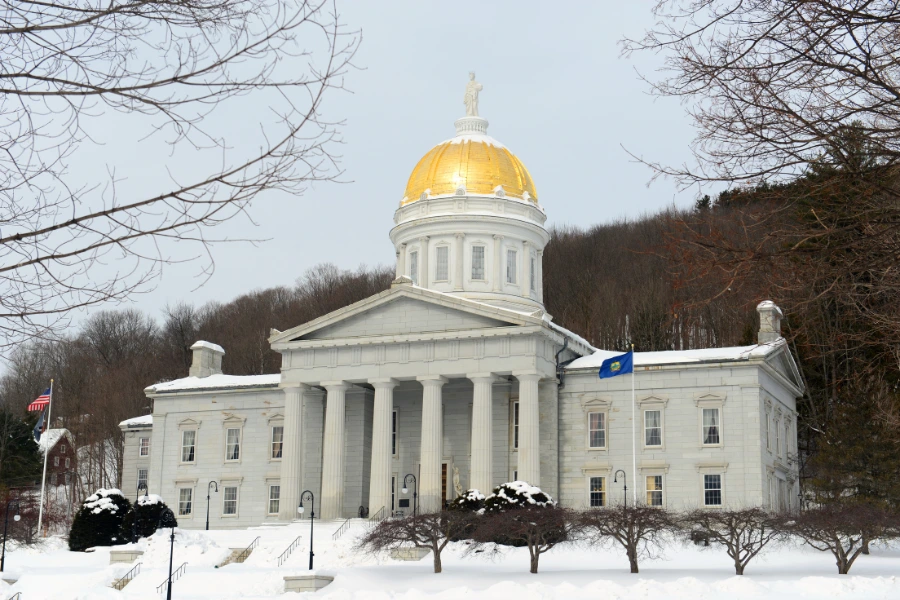Meanwhile, DraftKings VT, a leading player in the online sports betting industry, announced a new gaming tax surcharge in response to high state tax rates, which could potentially impact Vermont’s future betting landscape. This article explores Vermont’s sports betting revenue trends and the implications of DraftKings’ tax changes for the state.
Vermont’s Betting Market Exceeds Expectations
Since the legalization of VT sports betting in January 2024, Vermont has seen substantial growth in its betting market, with revenues far surpassing initial projections. The Vermont Department of Liquor and Lottery reported $3.5 million in revenue during the first six months of operation, significantly outpacing the $2 million forecasted by state fiscal analysts.
The market handled a total of $100 million in bets from January to June 2024, with basketball and football emerging as the most popular sports for betting. This strong performance underscores the state’s potential as a growing hub for sports betting, particularly among out-of-state visitors, who accounted for approximately 38% of bettors in the first half of the year, rising to 43% by July.
Despite this impressive revenue generation, sports betting providers in Vermont faced narrow margins, as nearly 90% of total wagers were returned to bettors, resulting in only $11 million in profits for bookmakers. Nevertheless, the market’s expansion reflects a keen interest in sports betting within and beyond Vermont’s borders.
Interestingly, out-of-state bettors tended to wager more per bet, averaging $34.33 compared to $19.05 for local residents. This trend suggests a growing appeal of Vermont’s betting market to visitors, potentially positioning the state as a destination for gambling tourism.
However, the state’s sports handle dipped below $10 million in July, reflecting a seasonal lull in major sporting events and a corresponding decline in betting activity. This downturn was further compounded by Vermont’s restrictive gambling stance, which limits betting options to online sports betting only, with no brick-and-mortar casinos or other gambling establishments.
As the NFL 2024-25 season kicks off, football is expected to dominate the betting landscape in the second half of the year, potentially driving a rebound in betting activity.
Impact of DraftKings’ New Gaming Tax Surcharge
As Vermont’s sports betting market evolves, it faces a new challenge: DraftKings’ decision to implement a gaming tax surcharge in states with high tax rates, including Vermont. Starting January 1, 2025, DraftKings will impose a surcharge on a customer’s net winnings in states where the tax rate exceeds 20%.
Vermont, with its relatively high tax rate, is among the four states targeted by this policy. While the surcharge is expected to be a low to mid-single digit percentage of net winnings, it could still have a noticeable impact on consumer behavior and betting volumes in Vermont.
DraftKings justified the surcharge by noting that many revenue-based taxes are typically passed along to the consumer in other jurisdictions. This approach, while common in high-tax regions like Germany, is relatively new in the U.S. market and could potentially dampen betting enthusiasm among Vermont’s bettors. The surcharge will only apply to winnings above the 20% tax threshold, meaning smaller bettors may not feel the impact as much as high-stakes players.
Despite the potential for reduced betting activity due to the surcharge, DraftKings anticipates that the surcharge could enhance its adjusted EBITDA in 2025 and beyond, suggesting a strategic move to offset rising operational costs in high-tax environments. For Vermont, this development introduces a complex dynamic.
On one hand, the state stands to benefit from robust tax revenues from its burgeoning sports betting market. On the other, the new surcharge could deter bettors, particularly high rollers, from placing larger bets, potentially limiting the state’s tax revenue growth.




